
Party pockets lined by business interests

Centre-right and rightwing parties have the upper hand over their political opponents when it comes to funding publicity campaigns ahead of elections and votes.
That’s the finding of a report commissioned by the justice ministry as part of its response to repeated criticism by international watchdogs about the opaque political funding system in Switzerland.
Based on figures by a leading market research institute, political scientist Michael Hermann of Zurich University examined the spending on advertising ahead of 39 nationwide votes held between 2005 and 2011 and during the past three parliamentary elections.
“The amount of publicity ahead of votes and elections in Switzerland is marked by distinct disparities. The inequalities are not only between political parties or groups but there are also considerable difference between the votes,” concluded Hermann.
Perhaps unsurprisingly the researcher found evidence that the centre-left parties have clearly had fewer financial means at their disposal compared with the centre-right and rightwing parties.
Centre parties
But contrary to public perception, it was not the rightwing Swiss People’s Party, but the centre-right Christian Democrats and the Radicals which benefited most from financial support, notably by the business community in vote campaigns.
Still the rightwingers were clearly ahead in election campaign spending.
“If you take the number of parliamentary seats, the People’s Party spent six times more than the Liberal Greens, which did very well in the 2011 election,” Hermann told swissinfo.ch.
A survey shows the People’s Party way ahead with a total of SFr21 million ($23 million) spent on publicity in campaigns for votes and elections between 2008 and 2011. The centre-right Radicals follow with SFr11 million and the Christian Democrats with SFr6 million.
The centre-left Social Democrats came fourth with SFr4 million, followed by the Greens with a mere SFr1 million expenditure on publicity. All the other parties spent even less than SFr1 million.
Colour of money
Echoing similar findings by a fellow researcher in 2009, Hermann also cautions that money alone cannot buy political victories in elections or nationwide votes.
He says that the political direction of the funds is clear.
“The money sits with the parties right of the centre both in campaigns for elections and votes,” Hermann said.
However, he warns not to overestimate the influence of financial means available.
Hermann points out that the People’s Party ran one of its most expensive campaigns to convince voters to approve its initiative aimed at tightening citizenship regulations for foreigners.
But the 2008 ballot resulted in a ballot box failure for the rightwingers. Equally, the People’s Party invested considerable amounts of money in challenging a key labour accord with the European Union in 2005 and 2009, but it suffered clear defeats.
Lack of counter-weight
As for the relative success of rightwing initiatives over the past years Hermann says they are due to the lack of a substantive counter-campaign by opponents.
He notes that the right tends to be successful when it not pitted against another major opposition campaign. But experience has shown that when the right is up against a well-funded industry campaign, it can fail at the ballot box.
His research is based on an analysis of spending in publicity campaigns published in nearly 400 newspapers and magazines, as well as for billboard posters. The data was provided by leading market research institute Media Focus.
Switzerland is one of the few countries in Europe to have no legally binding rules on party funding. At a cantonal level, Geneva and Ticino have introduced respective regulations.
Switzerland has repeatedly been criticised for a lack of transparency on political party funding. The Council of Europe’s monitoring platform last December called for full accounts and information of donations to be presented to an independent authority.
The Group of States Against Corruption (Greco) is one of several international watchdogs, including Transparency International and the Organisation for Security and Co-operation in Europe, to criticise the political funding system in Switzerland.
Greco, the Council of Europe’s monitoring platform, called for the introduction of transparent regulations and a clear oversight of political party and election campaign funding.
Its report was released in December.
The Swiss government has until April 2013 to publish a number of recommendations and ways to implement them.
The justice ministry commissioned a first study by Michael Hermann from Zurich University as part of its response to the Greco report.

In compliance with the JTI standards
More: SWI swissinfo.ch certified by the Journalism Trust Initiative

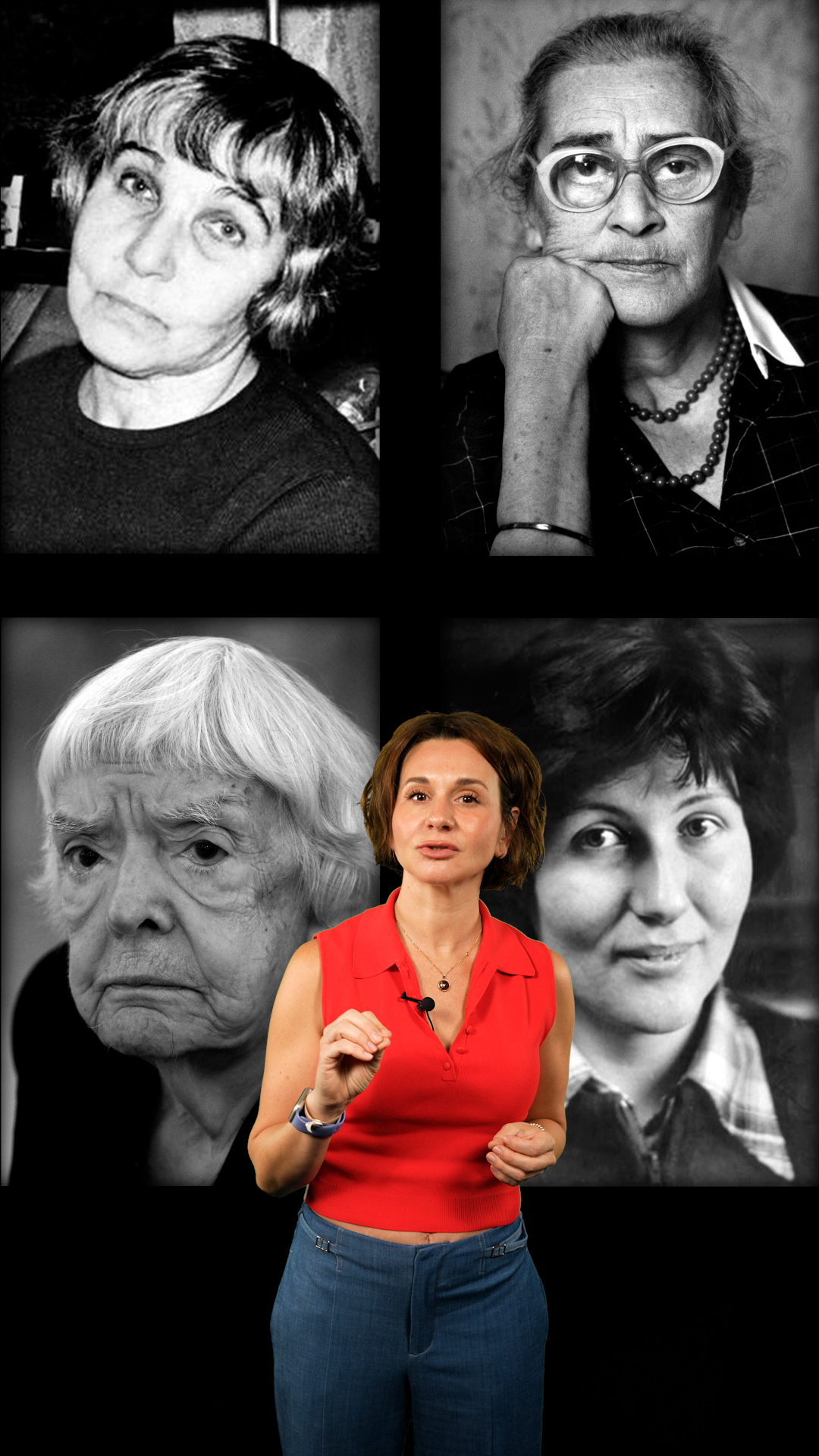





























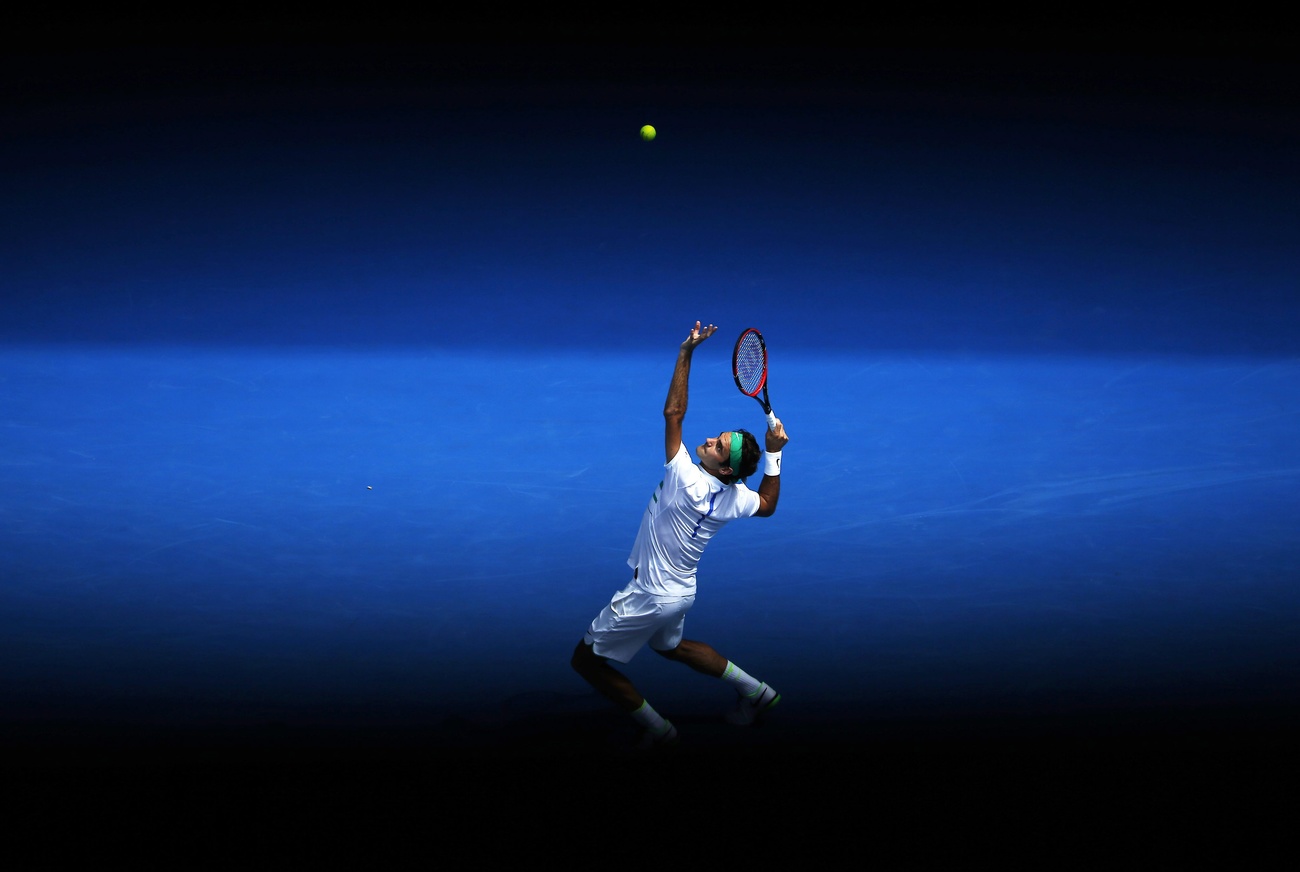
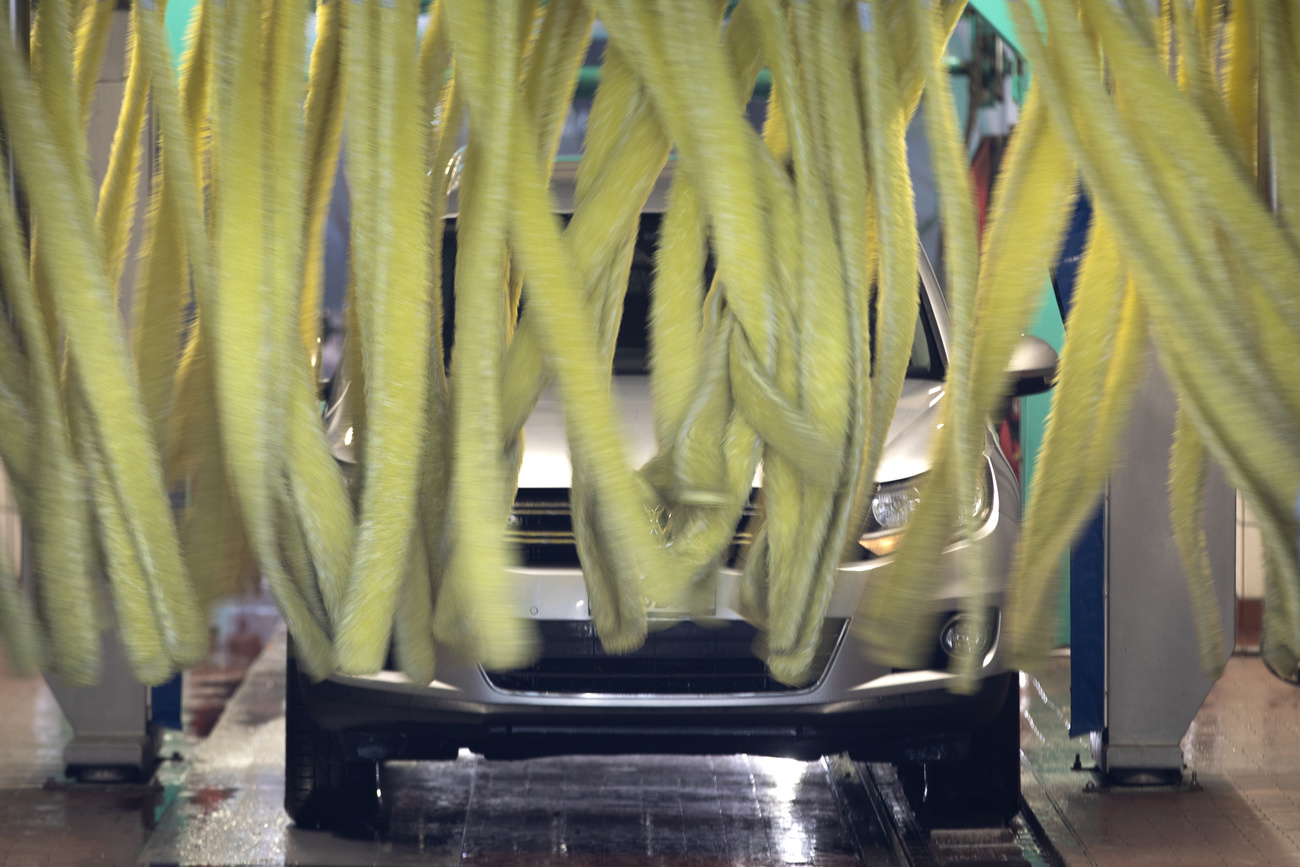


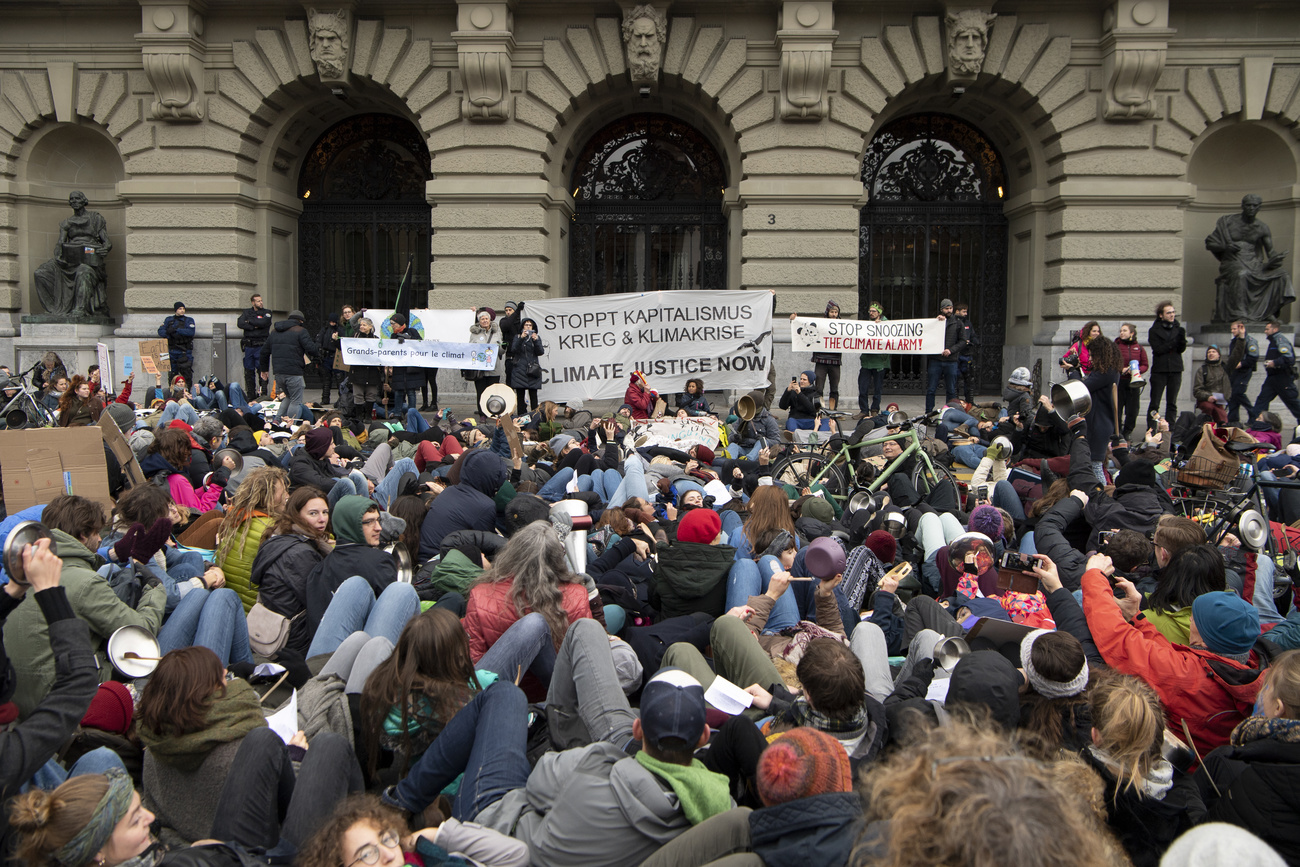



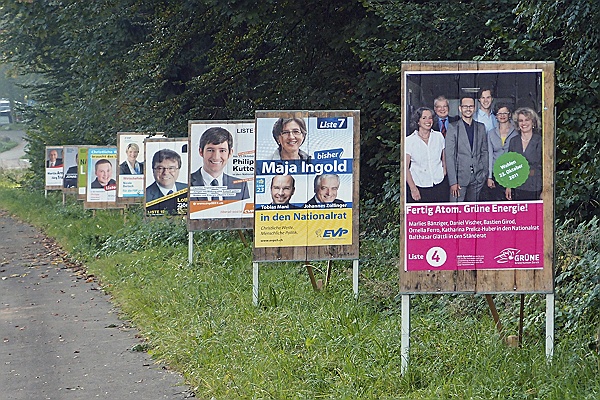




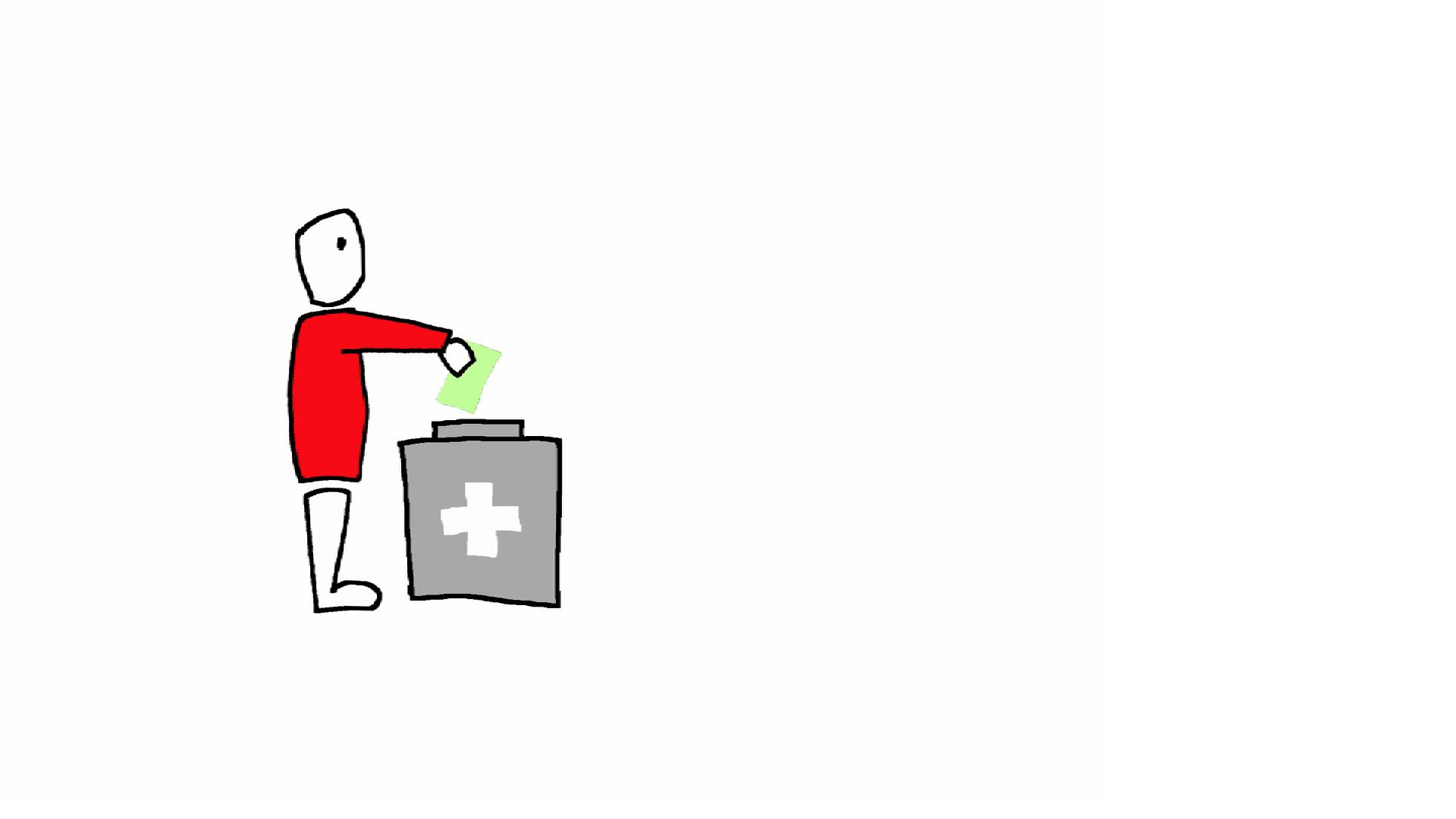
You can find an overview of ongoing debates with our journalists here . Please join us!
If you want to start a conversation about a topic raised in this article or want to report factual errors, email us at english@swissinfo.ch.